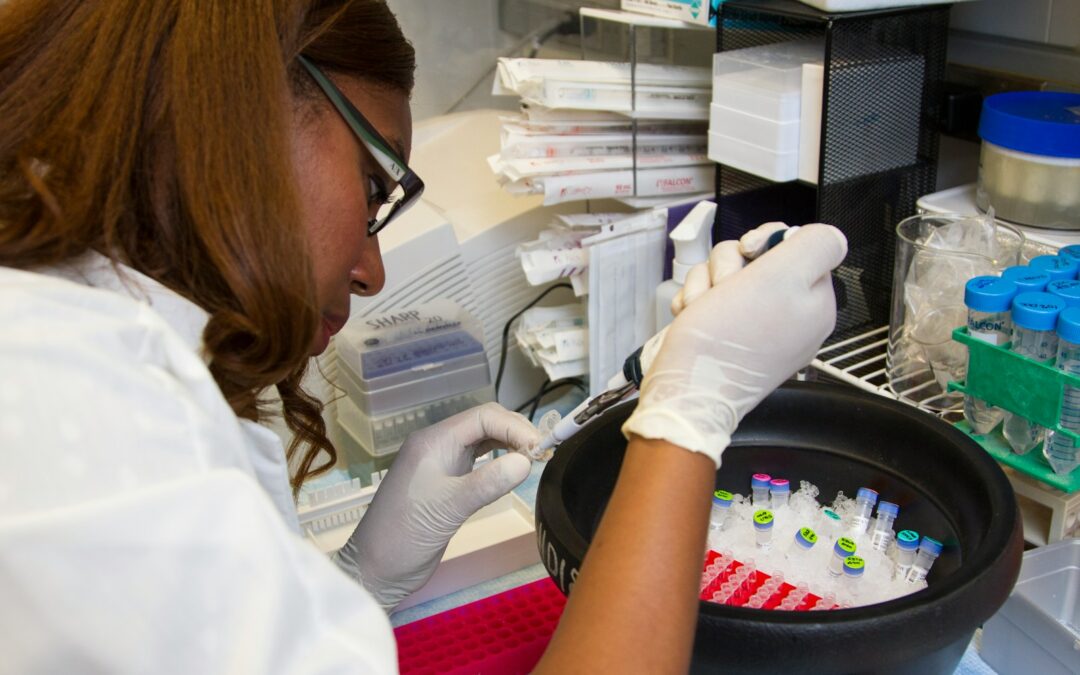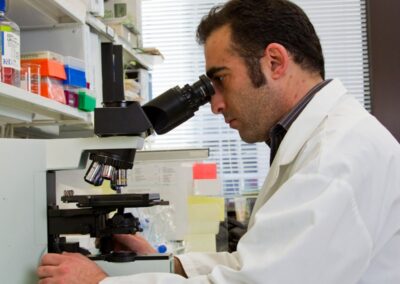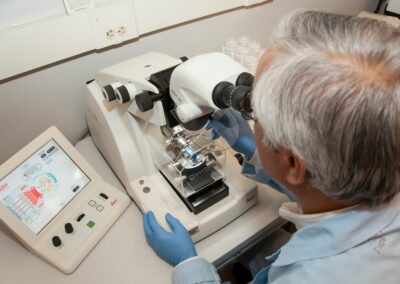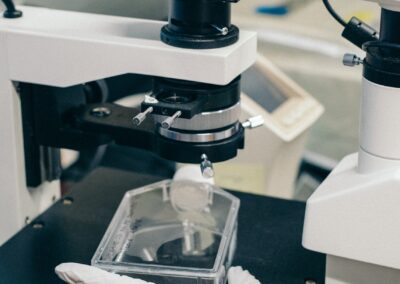The Intersection of Biotechnology and Surveillance: A Need for Ethical Oversight
Ethical considerations in biotechnology surveillance are paramount as advancements in biotechnology increasingly intersect with surveillance technologies. This intersection raises significant concerns about privacy, individual rights, and the ethical use of technology. As biotechnology evolves, its applications in surveillance and monitoring can offer unprecedented insights and efficiencies but also pose risks to personal freedoms. Ensuring that these technologies are deployed ethically is crucial to maintaining public trust and safeguarding individual rights.
Biotechnology’s role in surveillance includes the use of biometric data, genetic information, and other personal data to enhance security and monitoring systems. While these advancements can improve public safety and streamline processes, they also bring forth ethical dilemmas related to consent, data security, and privacy. For example, genetic profiling for surveillance purposes can reveal sensitive information about individuals, potentially leading to misuse or unintended consequences. Addressing these issues requires a balanced approach that considers both the benefits and risks associated with biotechnology in surveillance.
In regions like Saudi Arabia and the UAE, where technological advancements are rapidly integrated into various sectors, the ethical deployment of biotechnology in surveillance is of particular importance. As these countries embrace cutting-edge technologies, they must also prioritize the development of robust ethical frameworks and regulations to ensure that individual rights are protected. This involves not only complying with international standards but also adapting them to local contexts to address specific concerns and challenges.
Developing Comprehensive Privacy Policies and Consent Frameworks
One of the primary ethical considerations in biotechnology surveillance is the development of comprehensive privacy policies and consent frameworks. These frameworks should ensure that individuals are fully informed about how their data is collected, used, and stored. Transparency is key to building trust and ensuring that people are comfortable with how their information is managed. Organizations must establish clear procedures for obtaining consent and provide options for individuals to control their data.
Moreover, policies should outline the measures in place to protect data security and prevent unauthorized access. This includes implementing robust encryption methods, conducting regular security audits, and establishing protocols for data breach responses. By addressing these aspects, organizations can mitigate the risks associated with biotechnology surveillance and demonstrate their commitment to ethical practices.
Ensuring Accountability and Compliance with Ethical Standards
Ensuring accountability is another critical aspect of ethical biotechnology surveillance. Organizations must adhere to established ethical standards and regulatory requirements to prevent abuses and protect individual rights. This involves regular training for staff on ethical practices, conducting internal audits to assess compliance, and establishing mechanisms for reporting and addressing ethical concerns.
Compliance with ethical standards also requires collaboration with external bodies, such as regulatory agencies and ethical review boards, to ensure that surveillance practices align with legal and moral guidelines. Engaging with stakeholders, including privacy advocates and the public, can provide valuable insights and help shape policies that balance technological advancements with ethical considerations.
Fostering Public Awareness and Engagement
Public awareness and engagement are essential for addressing ethical considerations in biotechnology surveillance. Educating the public about the implications of surveillance technologies and involving them in discussions about their use can foster a more informed and engaged society. This can be achieved through public forums, informational campaigns, and opportunities for individuals to voice their concerns and preferences.
By promoting transparency and dialogue, organizations can build public trust and ensure that surveillance practices align with societal values and expectations. Engaging with communities and addressing their concerns proactively can help prevent potential conflicts and ensure that biotechnology is used responsibly and ethically.
In conclusion, the ethical considerations of biotechnology in surveillance are complex and multifaceted, involving issues related to privacy, consent, and data security. Developing comprehensive privacy policies, ensuring accountability, and fostering public awareness are crucial steps in addressing these challenges. By prioritizing ethical practices and engaging with stakeholders, organizations can navigate the intersection of biotechnology and surveillance in a way that respects individual rights and supports responsible innovation.
#EthicalBiotechnology, #SurveillanceEthics, #PrivacyConcerns, #BiotechnologyInSurveillance, #DataSecurity, #IndividualRights, #EthicalConsiderations, #SurveillanceTechnology, #PrivacyPolicies, #BiotechnologyEthics































